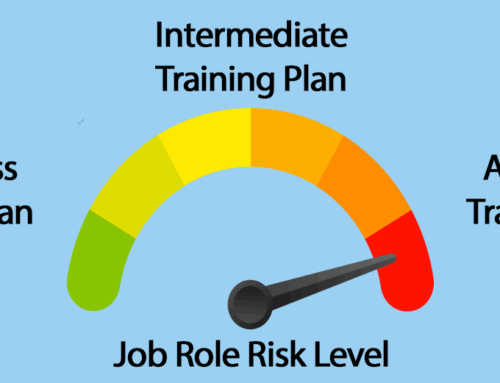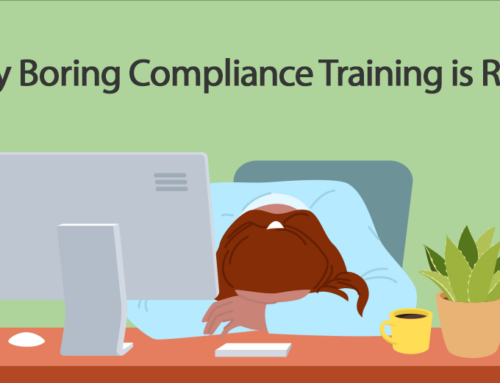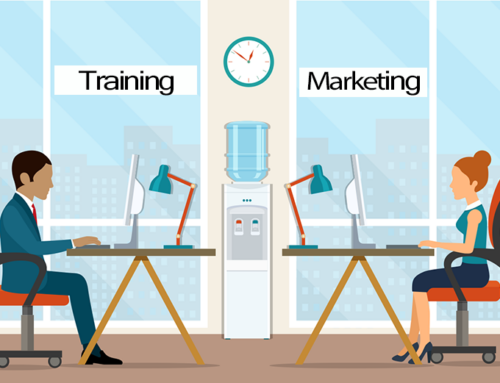Introduction
In today’s dynamic business landscape, organizations face numerous challenges that require effective leadership at every level. However, many companies overlook a critical aspect of sustained success: leadership succession planning. By implementing a comprehensive leadership succession training program, companies can proactively develop and nurture the next generation of leaders, ensuring continuity, adaptability, and sustained growth. In this blog post, we will explore the importance of leadership succession training for employees and the company.
Building a Pipeline of Talented Leaders
Leadership succession training focuses on identifying and developing talented individuals within an organization who possess the potential to step into key leadership roles in the future. Companies can create a robust pipeline of leaders by investing in these individuals’ professional growth and providing them with the necessary training. This approach ensures the organization is well-prepared to fill critical positions, avoid leadership gaps, and adapt to changing circumstances.
Continuity and Stability
Leadership transitions can be disruptive if not managed effectively. By implementing succession training, companies can mitigate the risks associated with sudden leadership changes. When leaders retire, resign, or move on to other opportunities, having well-prepared successors in place minimizes disruptions and maintains operational continuity. This stability fosters employee confidence and reassures stakeholders and clients, maintaining trust in the company’s ability to navigate change successfully.
Employee Growth and Engagement
Leadership succession training is not solely beneficial to the company but is also crucial in employee development and engagement. When employees witness an organization investing in their growth and providing opportunities for advancement, they feel valued and motivated to contribute their best efforts. Leadership development programs can include mentorship, training workshops, cross-functional experiences, and ongoing feedback. These initiatives cultivate a culture of continuous learning, empowering employees to acquire new skills and progress within the organization.





